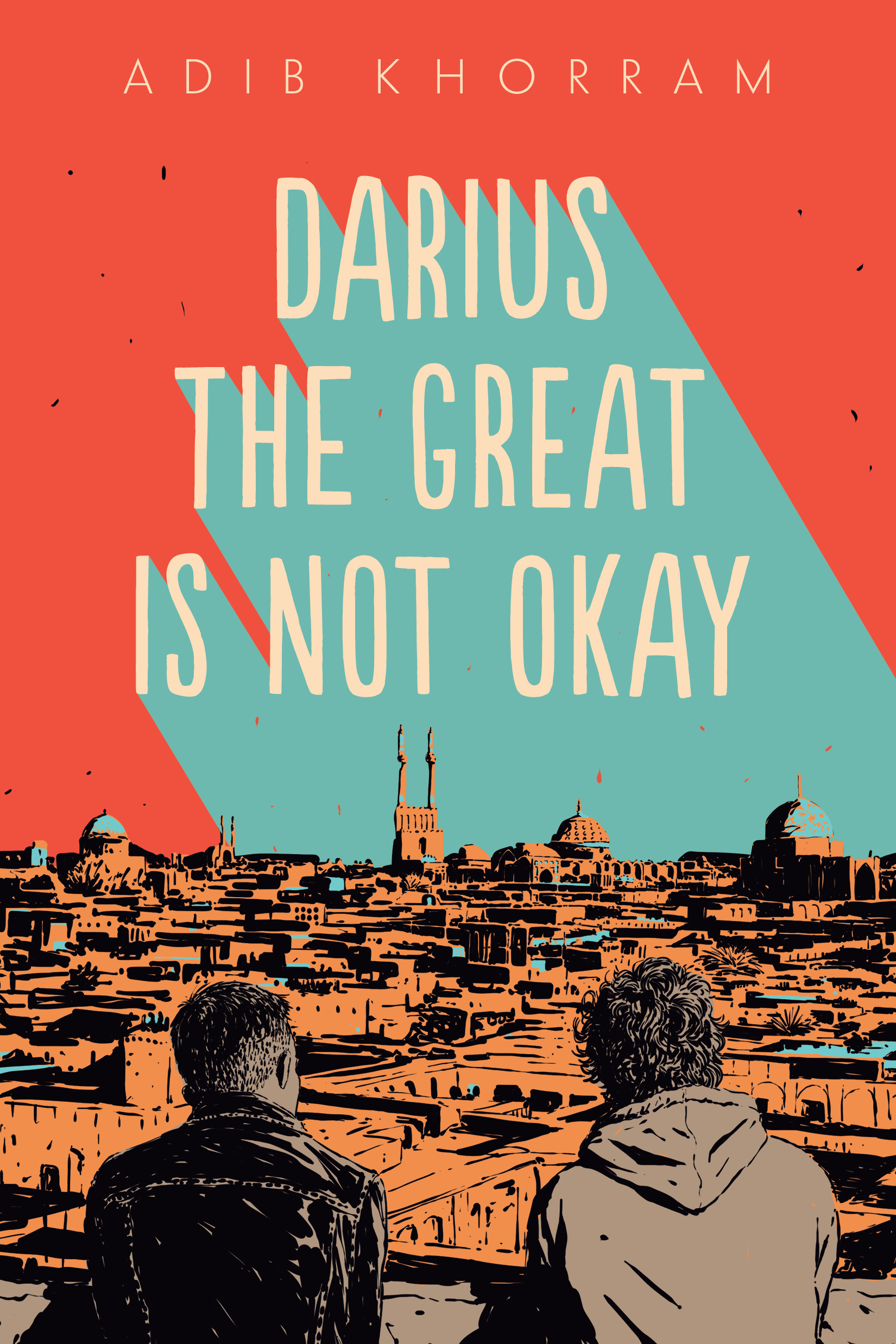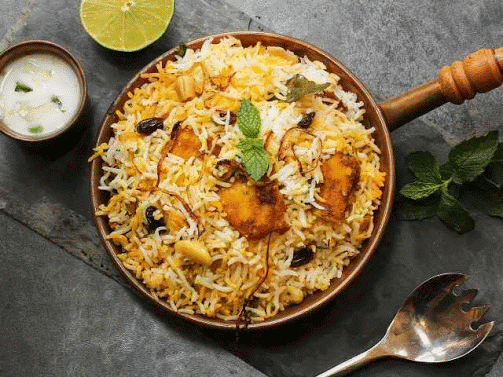What do you think?
Rate this book


316 pages, Hardcover
First published August 28, 2018
“It’s okay not to be okay.”
No one had ever made me feel like it was okay to cry. Or bumped shoulders with me and made me smile.
“Your place was empty before. But this is your family. You belong here.”
“You okay, son?”
“Yeah, Dad,” I said.
I took a long, slow sip of my tea.
“I’m great.”
Thank you to Penguin Random House for providing me a copy of the book in exchange for a spot on the blog tour and promotion of the book!
I loved the quiet. Even if it sometimes made me think of sad things. Like whether anyone would miss me if I was dead. I sipped my tea and breathed in the jasmine and wondered if anyone would be sad if I was killed in a car accident or something. That’s normal. Right?
“You’re okay,” he murmured.
“No. I’m not.”
“I know.” He rubbed my back up and down. “It’s okay not to be okay.”
“Darioush. You remember what I told you? Your place was empty?”
“Yeah.”
“Your place was empty for me too,” he said. “I never had a friend either.”
“I was one tiny pulsar in a swirling, luminous galaxy of Iranians, held together by the gravity of thousands of years of culture and heritage.”






Happy Pride Month! In honor of Pride Month, I plan to only read books that have LGBTQ+ representation this month. I always try to read more books with queer representation so this month I will be trying to find new favourites and underrated reads.
1. Girl Made of Stars: 4 ★
2. They Both Die At The End: 2 ★
3. Darius the Great is not Okay: 3 ★
4. Every Heart a Doorwat: 5 ★
5. How To Make a Wish: 1 ★
6. Felix Ever After: 5★
7. The Song of Achilles: 3 ★
8. Clap When You Land: 4 ★
9. Last Night at The Telegraph Club: 4 ★
10. The Falling in Love Montage: 2 ★